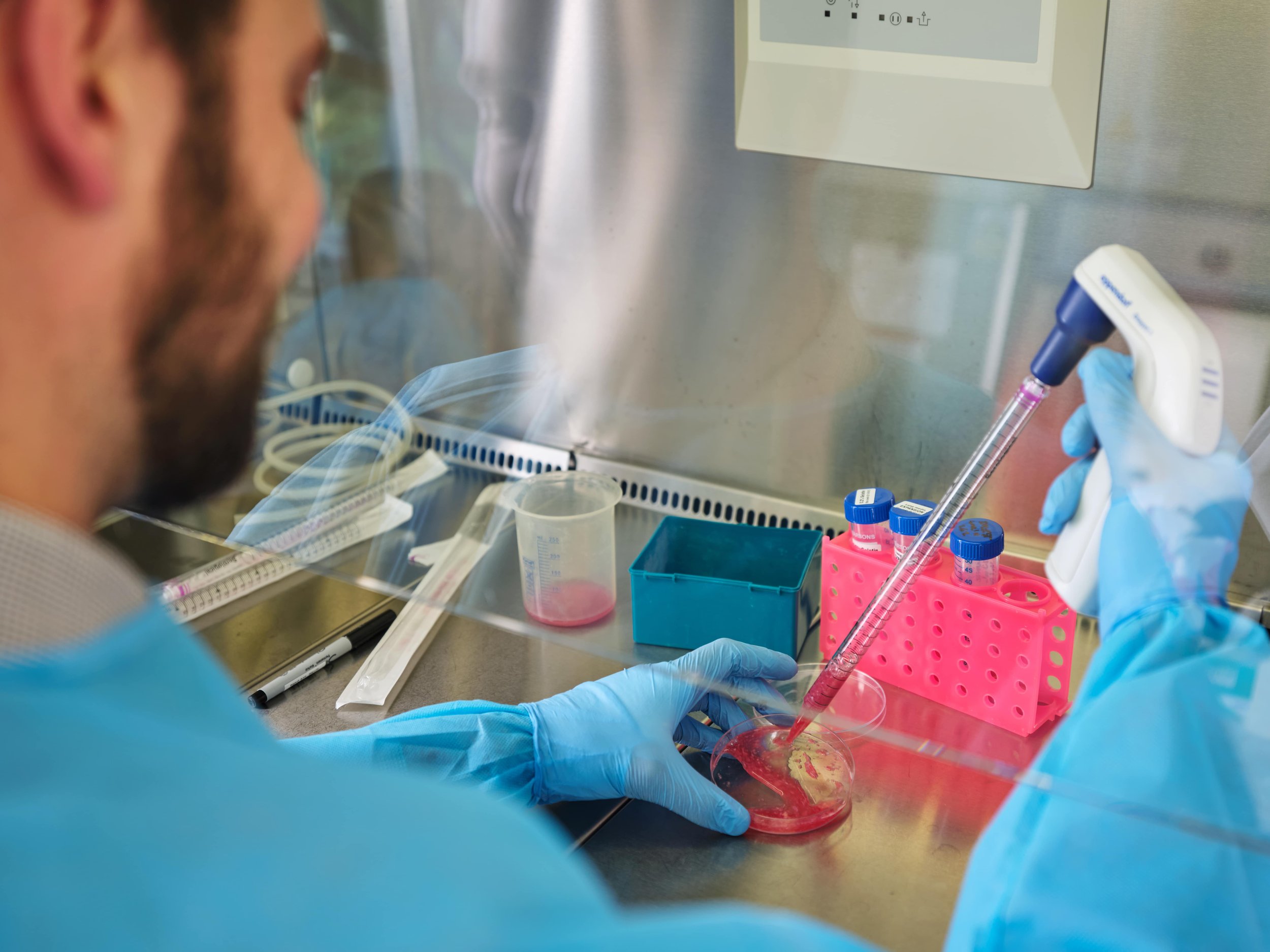
Keloid & Fibrotic Condition Research
Keloids and fibrotic conditions are characterized by the excessive production of collagen, a fibrous protein that forms the structural framework of tissues. Keloids are raised, thickened scars that extend beyond the boundaries of the original injury and can be itchy and painful.
Fibrotic conditions can affect various organs and tissues, and can result in tissue stiffness, scarring, and dysfunction.
The exact causes of keloids and fibrotic conditions are not fully understood, but they are thought to be related to genetic predisposition, injury or trauma, inflammation, and abnormal wound healing. Treatment options for keloids and fibrotic conditions include surgical excision, radiation therapy, topical treatments, and systemic medications. However, these treatments can have limited efficacy, and keloids and fibrotic conditions can often recur after treatment.
Gillies McIndoe Research Institute performs research investigating the underlying mechanisms of keloids and fibrotic conditions. Our scientists are researching keloid, with a focus on developing treatments that can target specific molecular pathways involved in their development, to help better understand these conditions.
Advances in tissue engineering and regenerative medicine may also offer new approaches for the treatment of keloids and fibrotic conditions in the future.
Support
Gillies McIndoe Research Institute is a Registered Charity (CC43660) relying mainly on private philanthropy, including donations, bequests, corporate championships, grants and scholarships. You can donate now or contact us to learn how you can support us and enable our research to continue.

